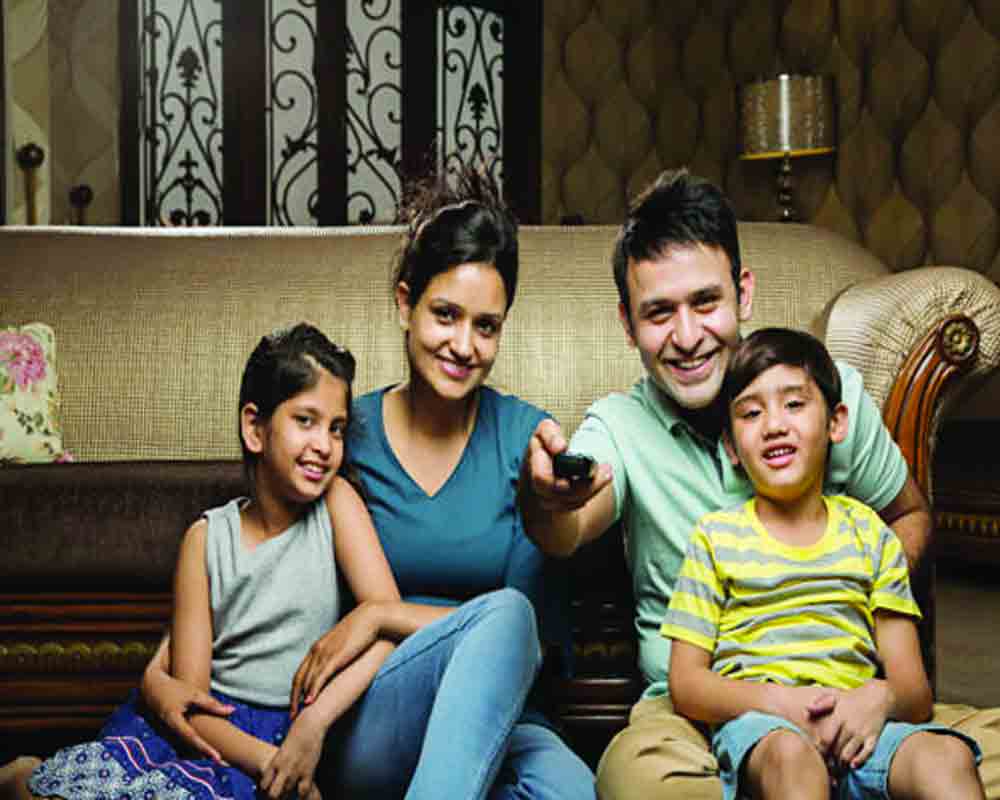Whether lying gets you to hell or not, the truth is that credibility is the foundations of all relationships which must be protected at all costs
The essence of life is credibility. There is a story from the Mahabharata where there was an announcement in the battle to the effect of “Ashwatthama Hatow” (Ashwatthama is dead). The play on the name Ashwatthama was intended. There was an elephant by the name of Ashwatthama, and the name of the son of Dronacharya was Ashwatthama. Therefore, it was not clear from the announcement who died: was it the man or the elephant? In the middle of the battle, Dronacharya heard this announcement and is reported to have opined, Let Yudhishthira say this.
The essence was simple: Yudhishthira being the ‘truthful’ man, was expected not to not lie on this. When evoked by the Dronacharya, Yudhishthira said in a loud voice, “Ashwatthama Hatow: ha Iti, Naro va Kunjaro va naiw Janamee” (Ashwatthama is dead, whether it is a man or an elephant, I can’t say). Shri Krishna knew that Yudhishthira was going to say this. To fool Dronacharya, strategically, as soon as Yudhishthira said Narova… he blew his conch. In the sound of the conch, the rest of the sentence of Yudhishthira could not be heard. The negation of Yudhishthira added that he did not know whether Ashwatthama, declared dead, was a man or an elephant. That is another story. Just to complete it, Dronacharya closed his eyes to see with his far sight whether Ashwatthama, his son, had died. Then, Krishna prompted Arjun to shower arrows on Dronacharya to kill him.
The story brings out very effectively, the power of credibility. That the story had its twists and turns is another matter. More to the focus of this write-up, the emphasis on credibility remains an important part of one’s personality. Whether lying gets you to hell or purgatory according to Christian philosophy or hell according to Hindu philosophy is a separate point. The truth is that trust and credibility are the foundations of all relationships.
Be it a husband-wife relationship, a father-child relationship, a relationship between friends, and more, the point remains. If there is no trust, there is no relationship. Unfortunately, not enough attention is paid to this aspect of character building in the formative years of a child’s life, or, for that matter, even the life
of a teenager or pre-adulthood.
No reference is made to the adult stage because it is presumed that personality is fully formed by the time one reaches adulthood. Be that as it may. Like many aspects of life, the value of credibility and trustworthiness is what one inherits from the values of the environment in which one grows up. In the latter years of one’s life, credibility becomes progressively more critical and more difficult to acquire (as one walks through the corridors of life), if one does not have it already.
One of the most common responses of a person who does not believe in trustworthiness in a situation where he lies is denial. He responds with an elan: “I said what I did, so what?" This is a tricky question to answer. It is tricky because it strikes at the foundation of relationships. It's trivial, if, in any case, one does not value one’s word.
That such an attitude could shake the foundation of any relationship is a matter of grave enough. But many people do not consider it so. The long and short of this is that it is difficult to carry on any social relationships without credibility. As one observes, “Even the thieves do not like each other, because if they did, the whole ‘profession of theft’ would be in jeopardy! So be it, but as the actual relationship with one’s life with oneself goes, it’s difficult to change habits.
Something is missing in the education system where we talk about many things but, also, miss many things. One of the critical things one often misses is the centrality of the practice of credibility or integrity. This should be an outcome of education. To this, no one would disagree. However, it is rarely seen as a deliberate or conscious outcome choice of education.
This matter needs thought. It needs to be thought out because anyone who is not credible can hardly be considered ‘educated.’ He could be very knowledgeable; he could be very successful, but certainly not educated! It would be akin to attempting to write a play named “Hamlet” without the Prince of Denmark. How can one be educated without being trustworthy?
There is no easy answer to this dilemma. In effect, there are no easy answers to most of the serious dilemmas of life. They are left to be handled by personal choices. Difficult as it may be the matter needs serious attention. Society needs sound individuals with sound values, to have a sound society. This may be a no-choice situation.
(The writer is a well-known management consultant of international repute. The views expressed are personal)


























